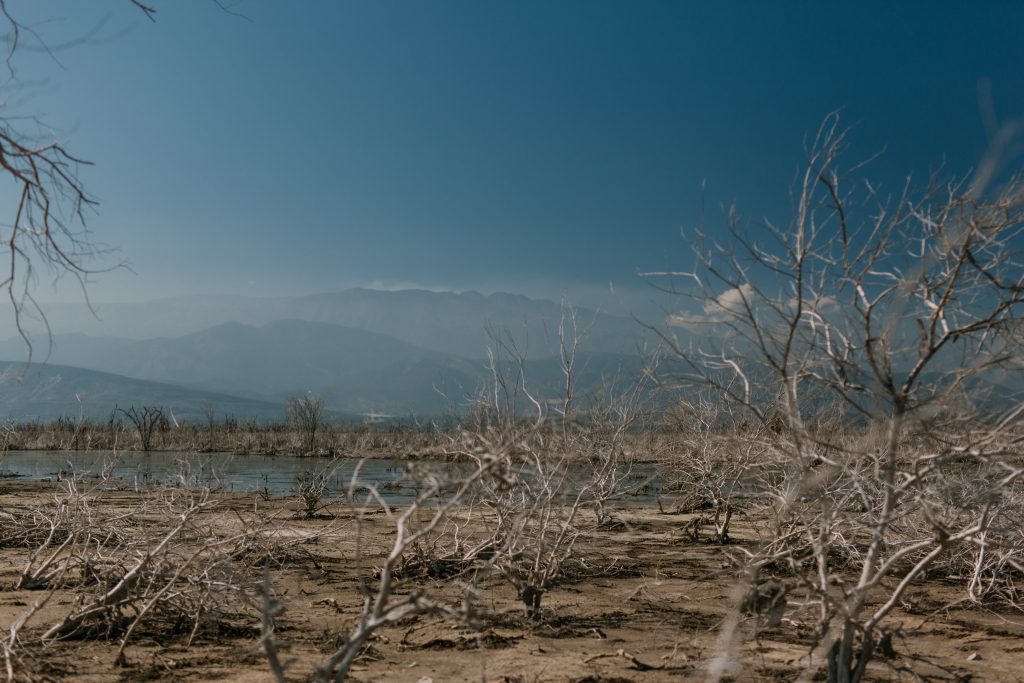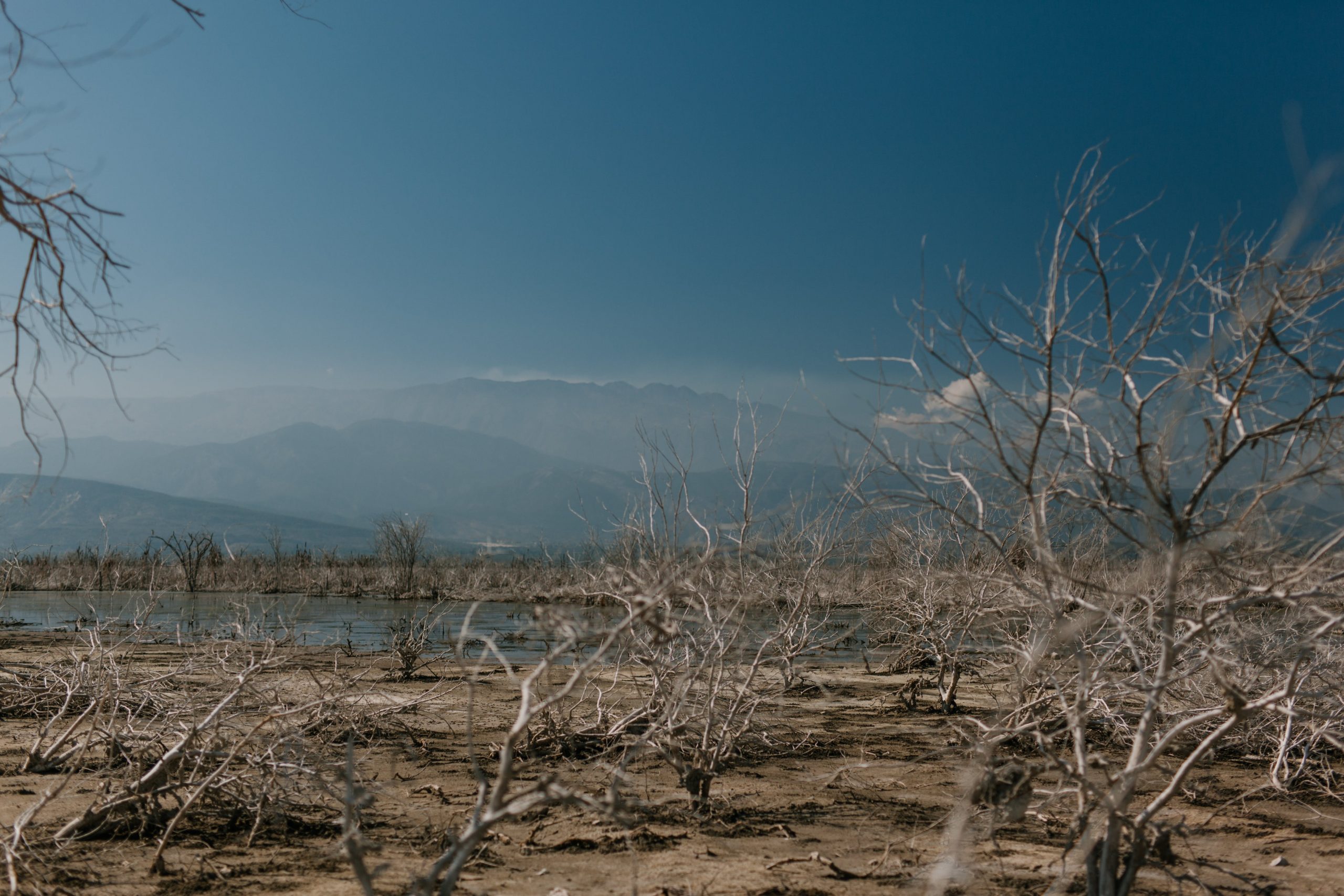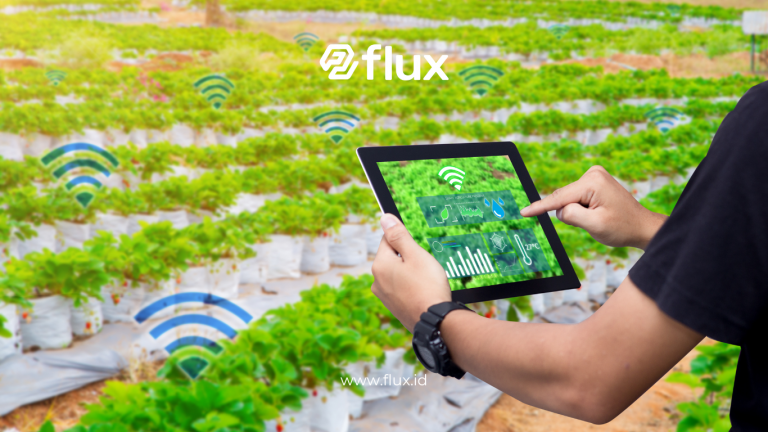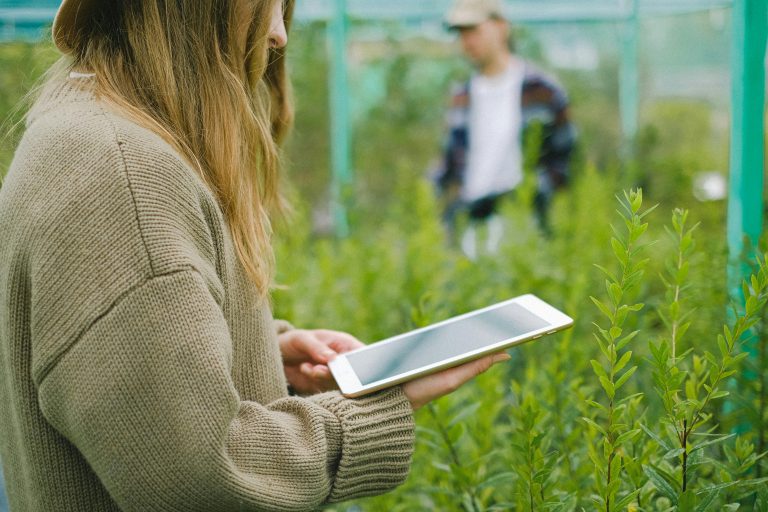Don't miss our holiday offer - 20% OFF!

Read also : Precision Energy Quality Monitoring: How Energy Quality Sensors Support Electric Motor Health
Drought presents a serious threat to various regions, especially those susceptible to arid conditions. The Internet of Things (IoT) technology has spearheaded solutions in combating this issue. IoT sensors, with their capacity to monitor environmental variables such as soil moisture, air temperature, rainfall, and water conditions, play a vital role in optimizing monitoring in drought-prone regions. This article aims to explore how IoT sensor networks can be optimized to provide precise monitoring, aiding in mitigating the impact of drought and safeguarding natural resources.
Monitoring Soil and Air Humidity

Read also : Smart and Sustainable: Soil Moisture Sensors
The importance of monitoring soil moisture in IoT sensors drought-prone areas is undeniable. Strategically placed IoT sensors offer real-time soil moisture data. This information enables farmers and water resource managers to efficiently regulate water usage. Concurrently, monitoring air temperature is crucial in predicting drought, facilitating early preventive measures.
Data Utilization for Decision-Making

Read also : IoT for Flood Monitoring: A Smart Solution
Integrated IoT sensor networks enable advanced data collection and analysis. Through algorithms and artificial intelligence, data from these sensors can be utilized for more informed decision-making. This aids in water allocation, more efficient agricultural planning, and the provision of accurate information to stakeholders.
Conclusion
Optimizing IoT sensor networks is pivotal in the efforts to prevent and mitigate drought. The precise monitoring generated allows leaders, farmers, and communities to respond more effectively to drought conditions. IoT technology offers innovative solutions for environmental preservation, wise water resource management, and safeguarding drought-prone areas. Continuously developing these IoT sensor networks allows us to minimize the impact of drought and ensure the sustainability of natural resources.





